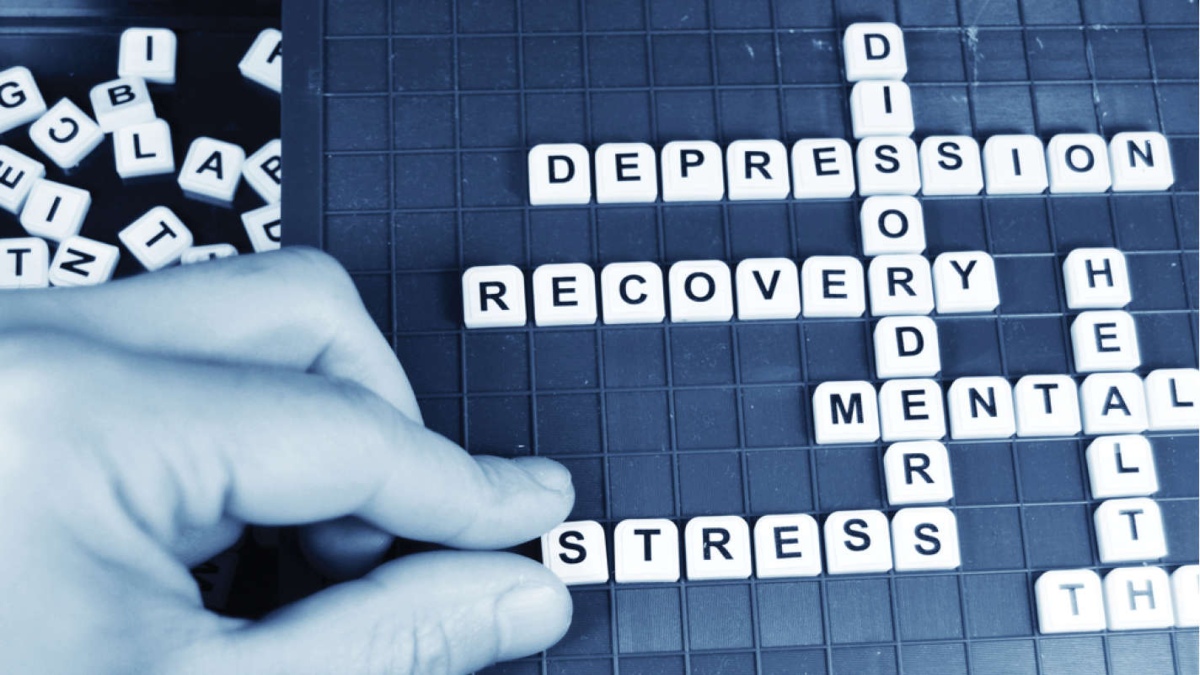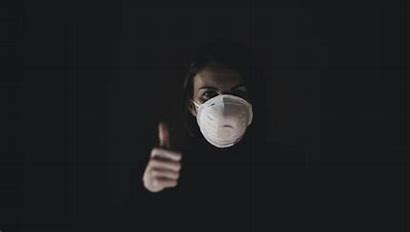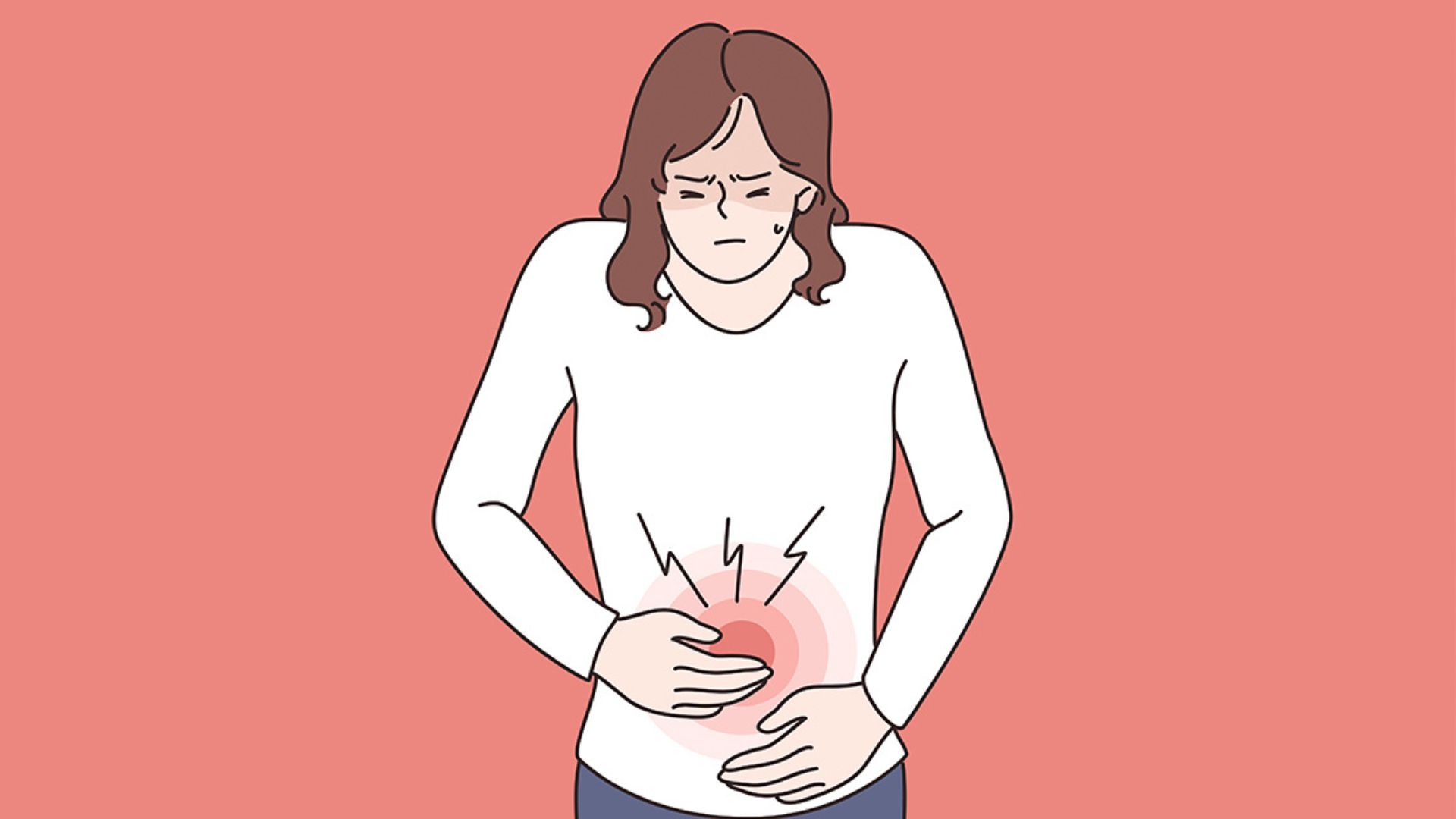In 2020 mental health took centre stage like never before. A topic which more often than not has been ignored, denied, and mocked at, is now one of the most discussed topics. While there has been a huge amount of activism and evangelism around the topic, what many people still don’t realise is that it isn’t a bad word and that we all have “Mental Health”. Mental health is a spectrum, at any point we will be somewhere on that spectrum, it’s just a matter of where you are on the slider of the toggle bar- distressed, ill, or good. How you can work towards maintaining your mental health is by practising mental hygiene, which is being proactive about not only your behaviour but how you treat your body, mind, soul, spirit, and environment. It essentially encompasses your overall well-being. Having said this, the role of medication should never be overlooked, if required. No amount of prayer, exercise or mental exercise can will away a mental ailment that needs medical attention.
Very often we lead our lives on autopilot, without being present at all, dwelling on either the past or the future and ending up neglecting our senses. What’s worse is that we have been conditioned to filter senses that we cannot see, like that of the spirit. Mental hygiene includes even your spiritual sweeping. It is what you do with intent, presence awareness, and acknowledgement of your body, mind, and spiritual form every single day.
The internet, where we have mostly spent the last 10 months is flooded with information on self-care activities to establish your mental hygiene rituals.
A few that top my list are:
1. Practicing gratitude, compassion, kindness towards others and one’s self
2. Keeping a journal
3. Doing Breathwork
4. Decluttering your space and life
5. Going for walks in nature
6. Using Lucia 3 light to meditate
7. Practicing mindfulness in even the small acts
8. Guided and unguided meditation
9. Digital detox, even if just for a few hours
10. Sleeping adequately
11. Movement in any form like dancing, exercising or running.
12. Floating in an isolation tank to meditate
13. Clean eating
14. Getting therapy – the power of professional support is unparalleled
From the ABC’s of Awareness Breath and Circulation to the three MMM’s of Meditation Movement and Mindfulness we know all about them by now. But what I really believe in addition to all this are the three Cs – The power of Communicating Consistently with Communities. Not only are we suffering from touch starvation at this point, but we are also suffering from a basic human connection. A large number of online communities have mushroomed over the past year serving as great support systems to people in their mental health journeys. Even if you aren’t suffering from mental health issues just reaching out to your friends and family regularly can keep your mental health in check. Intimacy is a basic human need that has suffered hugely during this pandemic. There is nothing like the power of holding space for oneself and others. Our mental health flourishes when we see and feel seen. The quality of our relationships also affects our happiness quotient which in return affects the level of neuroplasticity of your brain. The better our relationships, with more resilience we deal with the hardships. Studies have established that loneliness is more prevalent a killer than alcoholism and smoking which can explain the rise in suicides during this pandemic. According to longitudinal studies, the quality of your relationships determines your happiness more than money and fame.
Social media has helped us form new relationships and served as a platform for sharing and exchanging our stories which are wonderful for our mental health, but what has also happened is the flipside – social media and phone anxiety. Scrolling nonstop like a hamster on a wheel can take away from human connection and we may lose the ability to connect face to face eventually. So being mindful while using social media is one of the crucial factors to maintain mental health hygiene. Everyone’s definition of mental hygiene will be different, but what’s important is to reflect on what works best for you. Creating a repository of rituals and habits that make you feel good about your overall well-being will serve you in good stead in the face of adversity.
The writer is a well-being crusader, mental health advocate and Concepteur, Pursuit of Balance.













